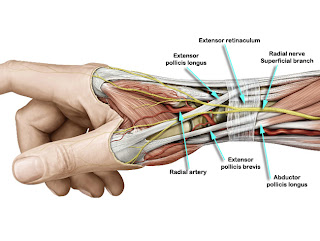Proteins in sports performance: More queries & few answers; Part II
Questions on utility of proteins in sports nutrition.
A) Which groups of athletes are known to be at risk of eating insufficient protein – and thus undermining their sports performance? What, if any, are the REAL health risks of a high-protein diet? Which forms of natural protein work best – and which are largely a waste of your time and effort? How does the average athlete’s Recommended Daily Allowance (RDA) of protein differ from that of a sedentary individual – and are the various national and international regulatory authorities correct in the advice they post on their web sites? What’s the most convenient way to get the optimal amount of protein into your diet – without having to eat absurd quantities of foodstuffs? How can protein ingestion be used to accelerate post-exercise recovery –even following a particularly strenuous work-out? What forms of protein have been proven to reduce the perception of fatigue in endurance athletes, while improving mood and cognitive performance, when administered in a certain way? Which protein supplements are worth taking – and which may be more hype than anything else.
B) How much protein do athletes really need to optimise and maintain performance? Should any extra protein be ingested at the expense of carbohydrate, the body’s preferred fuel for high-intensity training? Are there really implications for athletes’ health of following a high-protein diet? (Certainly health professionals often express such concerns.) What do we now know about the protein requirements of athletes, relative to sedentary people? How can larger athletes, or those engaged in high volumes of training, get the amount of protein they need in their diet without having to consume absurd quantities of eggs and the like, daily?Why quality is more important than quantity?
A) Which groups of athletes are known to be at risk of eating insufficient protein – and thus undermining their sports performance? What, if any, are the REAL health risks of a high-protein diet? Which forms of natural protein work best – and which are largely a waste of your time and effort? How does the average athlete’s Recommended Daily Allowance (RDA) of protein differ from that of a sedentary individual – and are the various national and international regulatory authorities correct in the advice they post on their web sites? What’s the most convenient way to get the optimal amount of protein into your diet – without having to eat absurd quantities of foodstuffs? How can protein ingestion be used to accelerate post-exercise recovery –even following a particularly strenuous work-out? What forms of protein have been proven to reduce the perception of fatigue in endurance athletes, while improving mood and cognitive performance, when administered in a certain way? Which protein supplements are worth taking – and which may be more hype than anything else.
B) How much protein do athletes really need to optimise and maintain performance? Should any extra protein be ingested at the expense of carbohydrate, the body’s preferred fuel for high-intensity training? Are there really implications for athletes’ health of following a high-protein diet? (Certainly health professionals often express such concerns.) What do we now know about the protein requirements of athletes, relative to sedentary people? How can larger athletes, or those engaged in high volumes of training, get the amount of protein they need in their diet without having to consume absurd quantities of eggs and the like, daily?Why quality is more important than quantity?


Comments
Post a Comment